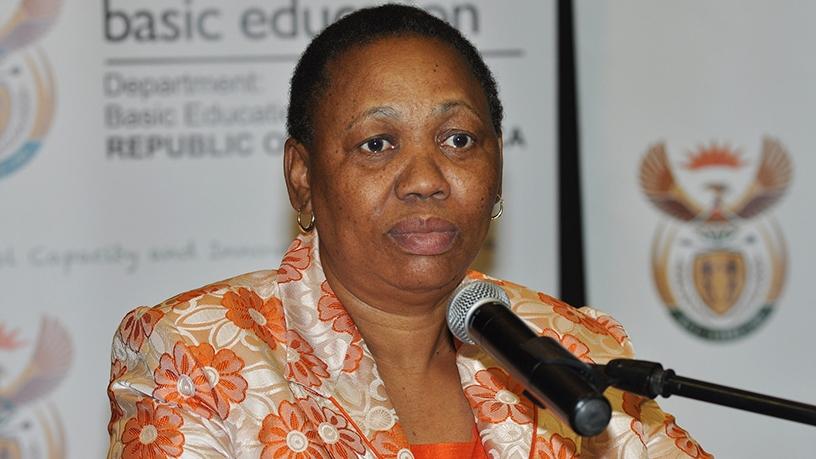
New Changes to be Implemented in South Africa’s Education Sector
South African Minister of Basic Education, Angie Motshekga says that numerous changes will be implemented in the education sector, and that the “education system needs to prepare pupils for the fourth industrial revolution”. Speaking in parliament, Cape Town, during the debate on President Cyril Ramaphosa’s State of the Nation Address, Motshekga stressed that new skills […]

South African Minister of Basic Education, Angie Motshekga says that numerous changes will be implemented in the education sector, and that the “education system needs to prepare pupils for the fourth industrial revolution”.

“Advanced technologies such as automation, artificial intelligence, robotics, Nano-technology, 3D printing and autonomous vehicles will demand non-routine interpersonal and analytical skills, social skills such as persuasion emotional and social intelligence and will demand creativity, agility and adaptability,” Motshekga told the parliament.
Motshekga said that the fourth industrial revolution demands various skills, “We have been engaging with international and local experts on the implications of the fourth industrial revolution on education.”
She also echoed that there will be several changes that need to be implemented in the Technical Vocational Education and Training (TVET) colleges… particularly to provide an exit qualification from TVET colleges to reduce pressure on already overcrowded universities.
“Our education system should continue to equip learners with unprecedented skills, competencies and personality traits emphasising soft skills, providing a transition between school and work, creating technology enabled platforms, and new forms of collaboration to keep pace with the innovations and combination of technologies,” she said.
